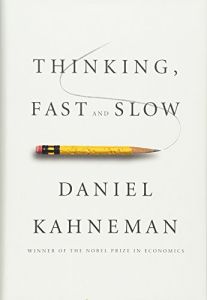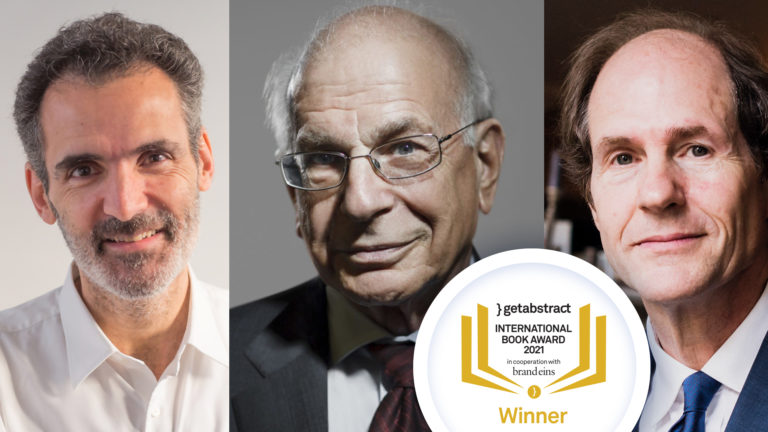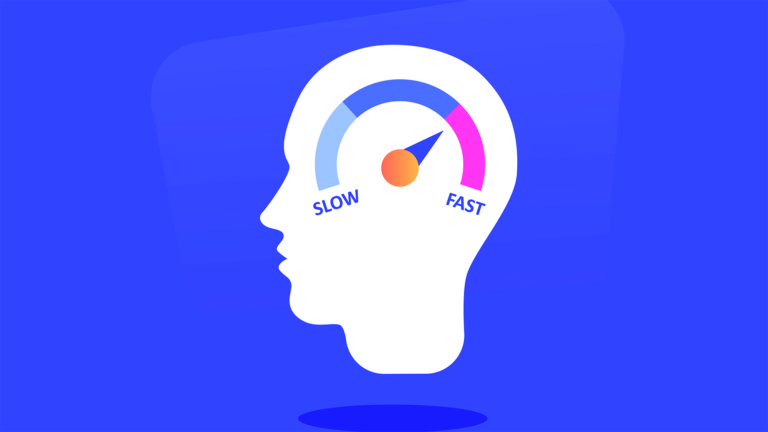Join getAbstract to access the summary!

Join getAbstract to access the summary!
Daniel Kahneman
Thinking, Fast and Slow
FSG, 2011
What's inside?
“Two systems” vie for control of your mind, and “two selves” decide your happiness. Can all four of you ever get along?
Recommendation
The topics that Nobel Prize winner Daniel Kahneman addresses are both complex and integral to the human mind: He asks you to think about thinking by considering how your mind habitually contradicts itself, distorts data and misleads you. His prose is lucid, his reasoning rigorous and his honesty refreshing – more than once Kahneman illustrates conflicted thinking with examples from his own life. The result is a fairly slow read, but an ultimately rewarding experience.
Summary
About the Author
Daniel Kahneman, a professor emeritus at Princeton and a Nobel laureate in economics, has written extensively on the psychology of judgment and decision making.






























Comment on this summary